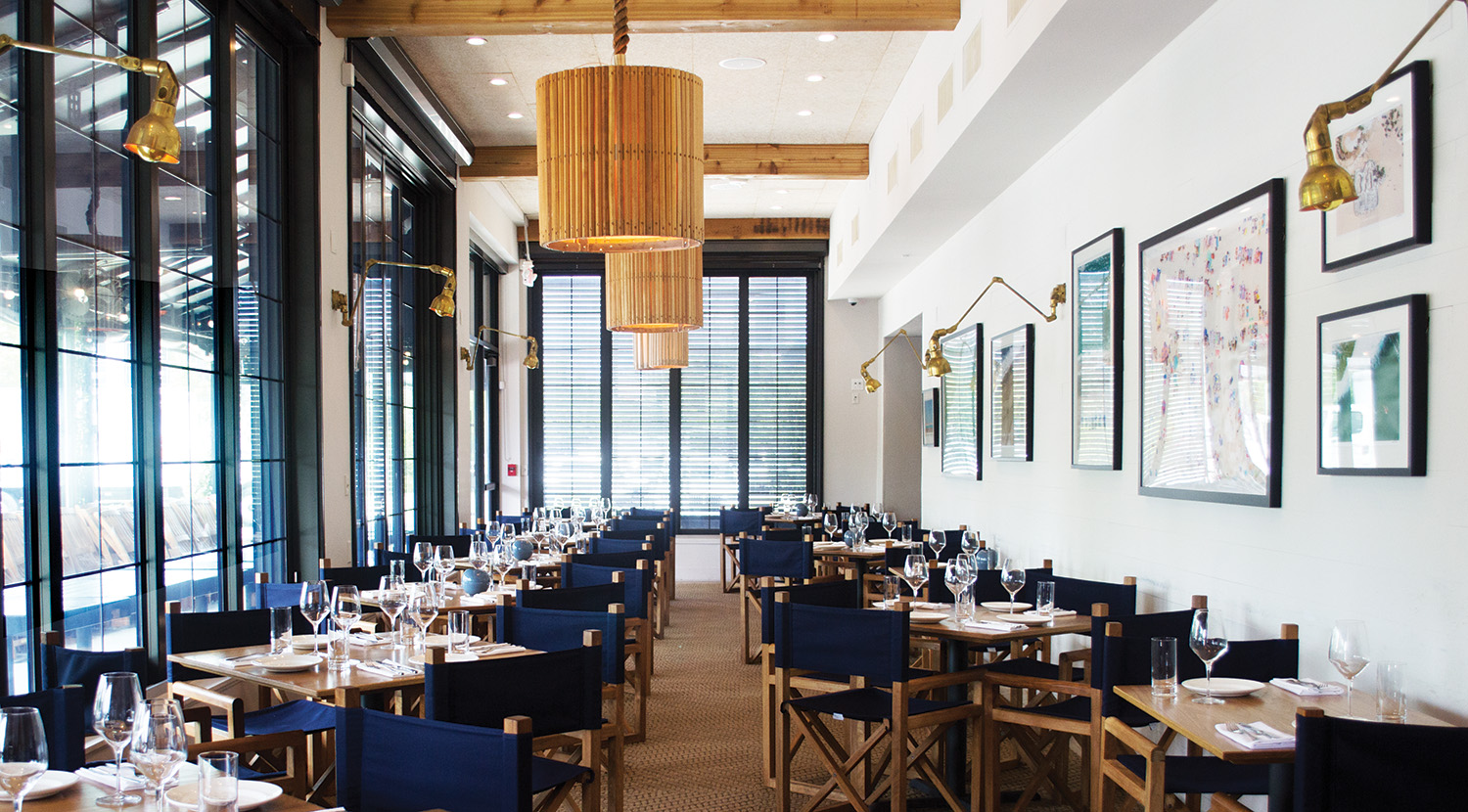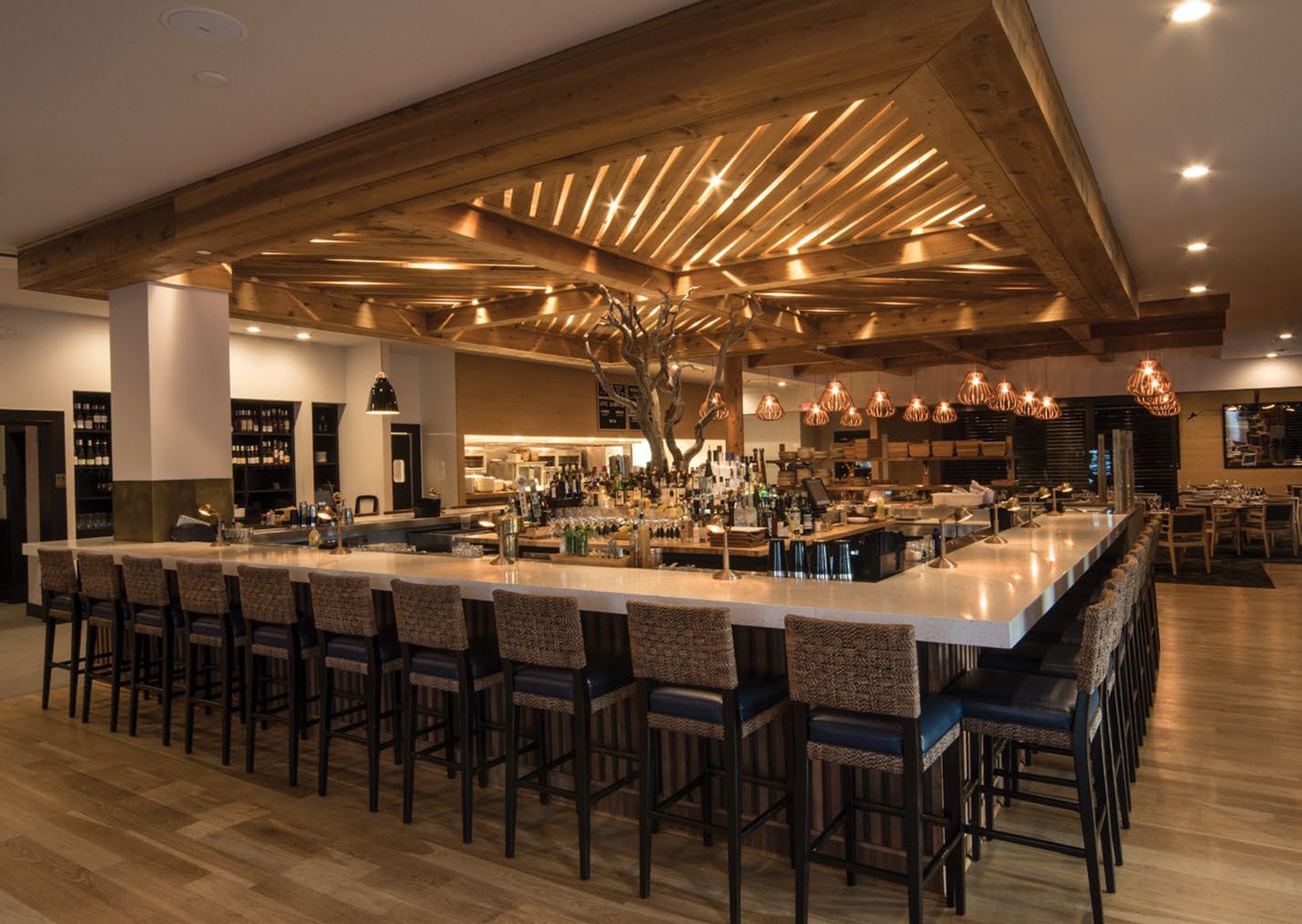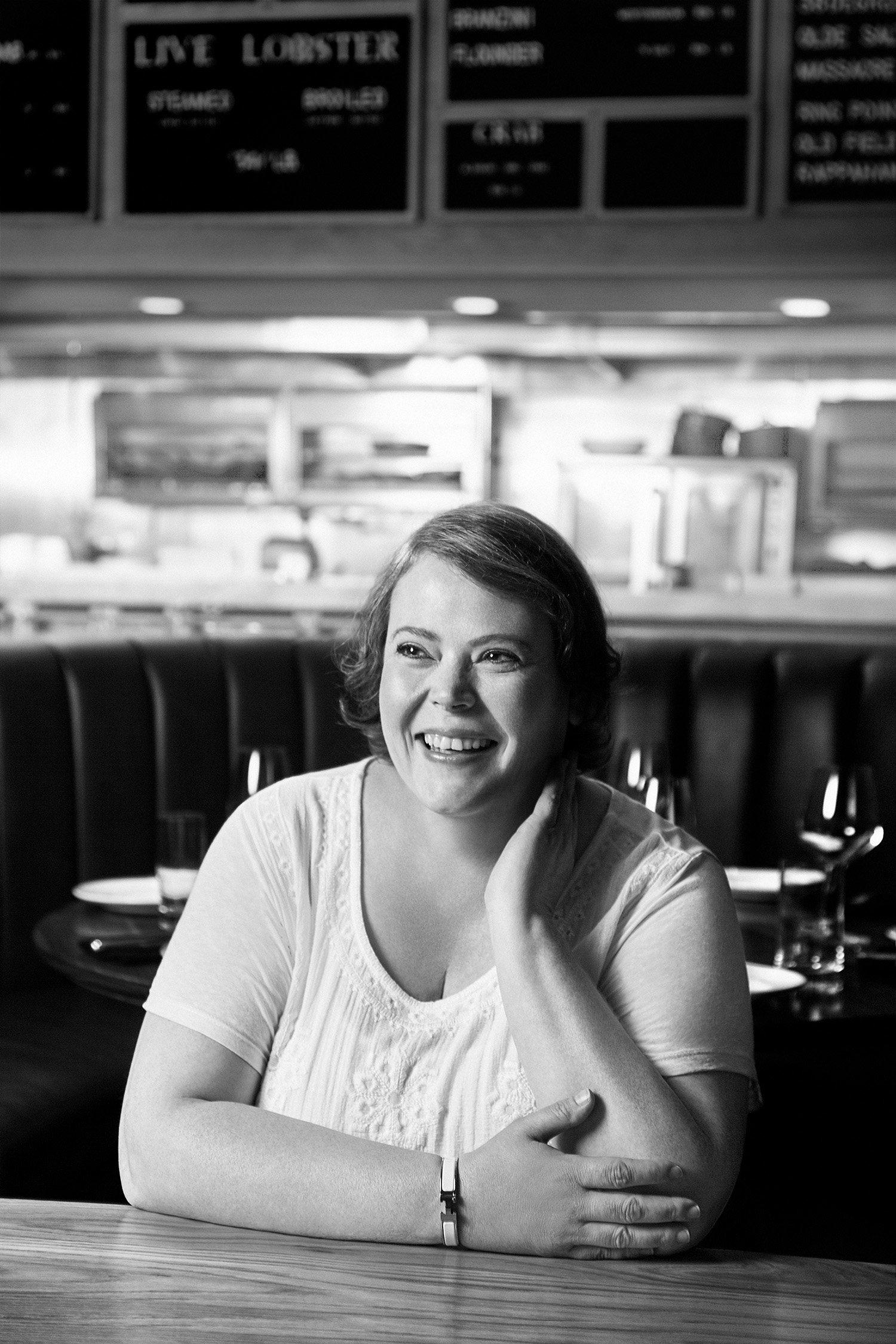LE COLONIAL – VIETNAMESE VANGUARD
Le Colonial, after opening merely a few weeks prior to our interview, has already proven to be a destination lure for people looking to enjoy the elevated Vietnamese food of Nicole Routhier. This afternoon, Nicole has welcomed us into the restaurant and has taught us about the origins of the eatery, how she became a partner and culinary director, and what were her own origins as a chef and an authority of Vietnamese food. From growing up in Laos, being discovered by New York’s premiere food critic, to bringing Vietnamese food to the masses –Nicole Routhier is truly a star of international fare.
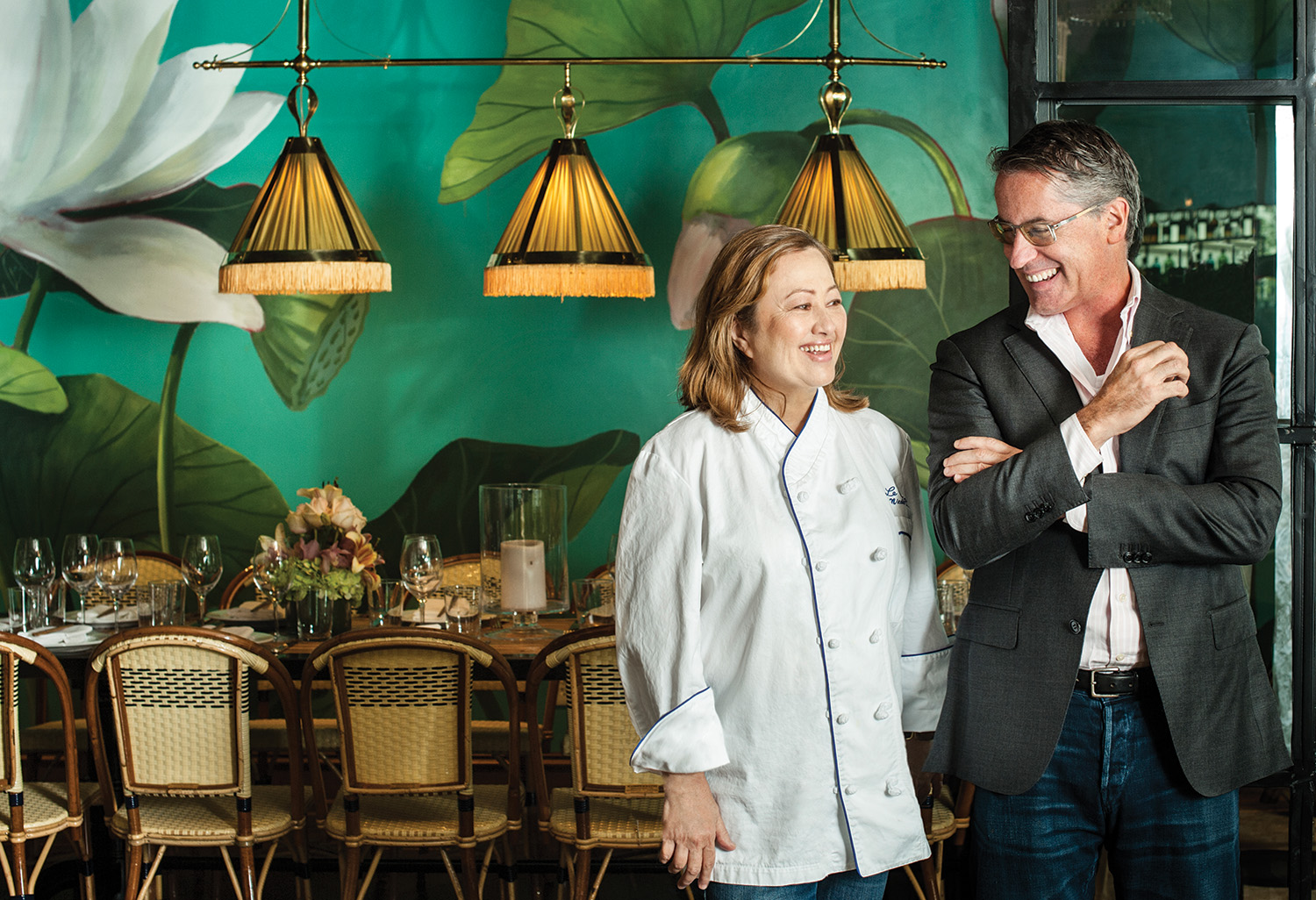
Le Colonial’s partner and culinary director Nicole Routhier and co-owner Joe King.
When did you first know you wanted to become a chef?
There was never one moment that I thought I would become a chef, it was more of something that I inherited. Ever since I was a little girl I have loved food and being in the kitchen with my mom. As a kid and as a teenager growing up, my mother who was a single mother, owned a restaurant back in Laos. I just knew that I loved food and I always hung around the kitchen and asked chefs questions. I didn’t know it was something I wanted to do until much later in my early twenties, after my studies when I went to New York.
What was it you were doing in New York?
At the time I was working in the travel industry because I loved language, but I always felt that something was missing. I knew I wanted to be cooking. I put some money aside and I went to the Culinary Institute of America. After school I worked at Sarabeth’s. While I was working, there was an article written by Craig Claiborne who was the food critic of the New York Times. I knew that he loved Vietnamese food, and after he went to Vietnam to try it on its native soil he wrote that since that experience he was unable to find great Vietnamese food in the US. I read that article and I just wished that I could cook him a great meal, so I basically wrote him a fan letter. About two days later he would call me and ask “when can I have that meal?” His kitchen was like a lab. There was everything you could need. That’s where all the great chefs had come before they were stars, they had all come through his kitchen for interviews and so forth. Little did I know that it was also an audition that I was doing. (laughs). Instead of just writing a little article, he wanted to do a spread of the dishes, almost like a banquet. Somehow I managed to produce all of the dishes, but the single dish he really judged was the famous nem rán hà nội, the Vietnamese spring rolls, because those are very hard to do well. I thought he would have a little gathering to enjoy all of that food, but it was just him. He was sitting at his table with a little typewriter. He didn’t speak much, it was very intimidating.
He was observing you.
Yes, he was observing me and registering the recipes. Then when the food was done, I asked who was going to eat all of this food? So he called over his neighbors and one was Jacques Pépin and another was an Italian contessa. Soon they were tasting and telling me it was fabulous; he asked me a few questions about my background and so forth. Then it was over.
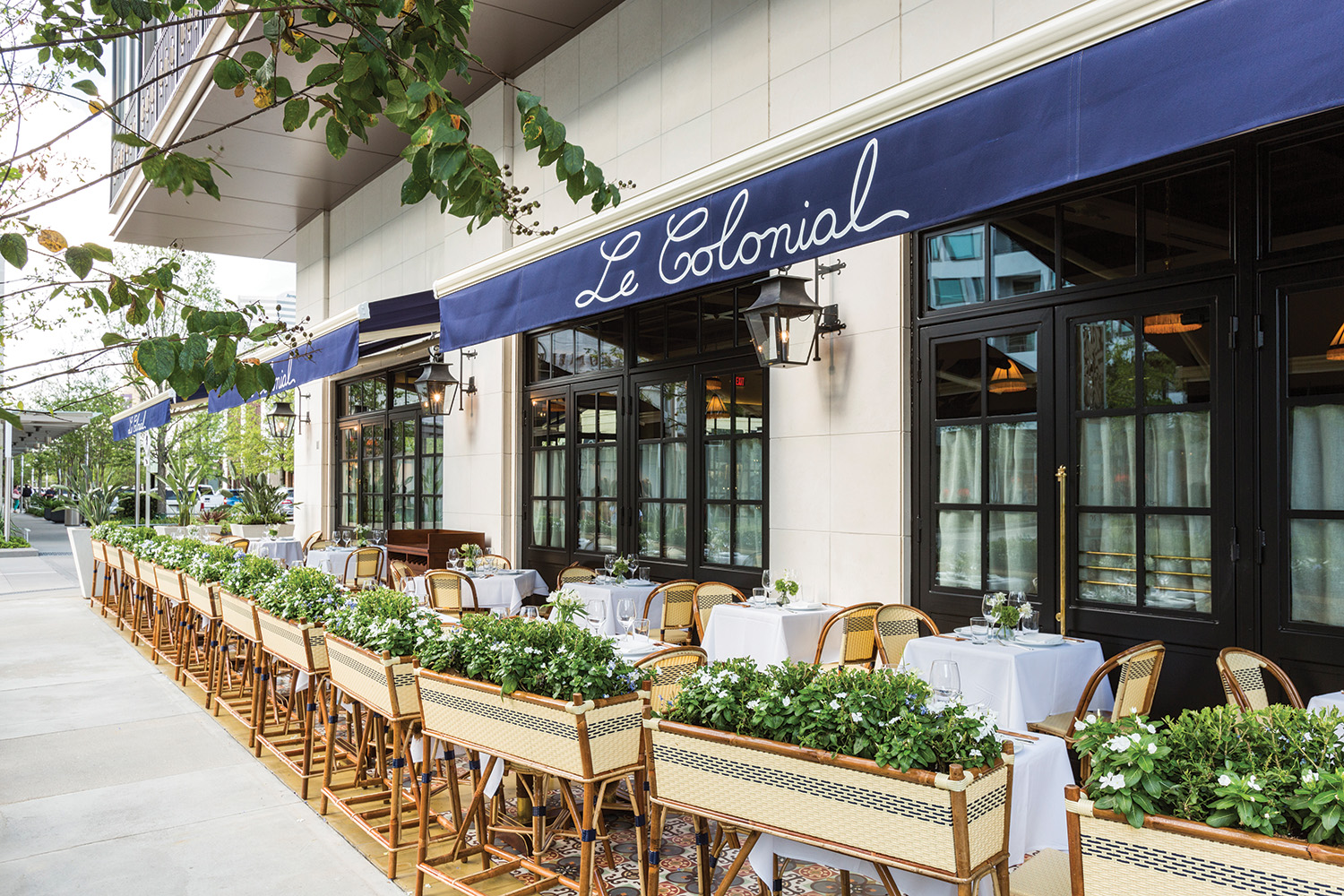
Image courtesy of Studio Communications
Did the New York Times feature ever come out? What was the reaction it received?
Just a few days before graduating! It was at the front page of the living section and it was an entire spread. Basically, he made me the authority on Vietnamese cuisine. His verdict was that the spring rolls were as good, if not better, than the ones he had in Vietnam and that press, to me, you cannot buy. The minute that article came out, people were tracking me down at the school and publishers and book agents were calling me up telling me to write a Vietnamese cookbook, but I was a young student putting myself through school and I said no. I spent a lot of money and I needed to find a job! In the back of my mind I thought that we needed a great cookbook on Vietnamese cuisine, and twenty-five years ago there was nothing like it on the market. Even just for myself it would be helpful because the only way I knew how to cook was from my mother. I knew what the dishes should taste like but there were no recipes. So I spent around two and a half years recreating these dishes from taste memory.
Did you find it hard to create recipes just from taste memory? Did the ones you came up with differ from the recipes you were taught?
Vietnamese cuisine is a very old tradition, and it changes very little. It has been under so many influences, China for instance for over a thousand years and then over to France for almost one hundred years. Of course over that time they had a lot of influences from Chinese cooking, but yet the Vietnamese have really kept on to their own traditions. For such a tiny nation it is quite a feat to emerge from all of that colonialism and still hold up to your tradition. That is what I wanted to focus on with that first cookbook. We can be true to our traditions and show people that our food can be really great. I am a strict traditionalist, but I am also for modernization because you can have the best of both worlds! This is what we wanted to do with Le Colonial. It is based on the time of French cohabitation with the Vietnamese, you know I am a result of that, my mother was Vietnamese and my dad was French, so there was a lot of french elements in the design and architecture and the service, but the food is Vietnamese.
What about when you developed the menu for the first restaurant and how has that changed over time to this one?
It hasn’t really changed. Again, it is more traditional and we have classic dishes that never change. That’s the great thing about it because you can take it and use it over time like classic French cuisine. Over the years the dishes ended up being watered down and when I came back to Chicago a lot of the dishes bared no resemblance to what I had taught them. The owners asked me to come back and bring it back to the way it was done initially and that is what we are trying to do here. My role here is to eventually move them beyond those classical dishes that they know, so that’s when
I will start bringing my own creations. Eventually we will modernize it, we are already way beyond what the people are doing in New York and Chicago and LA.
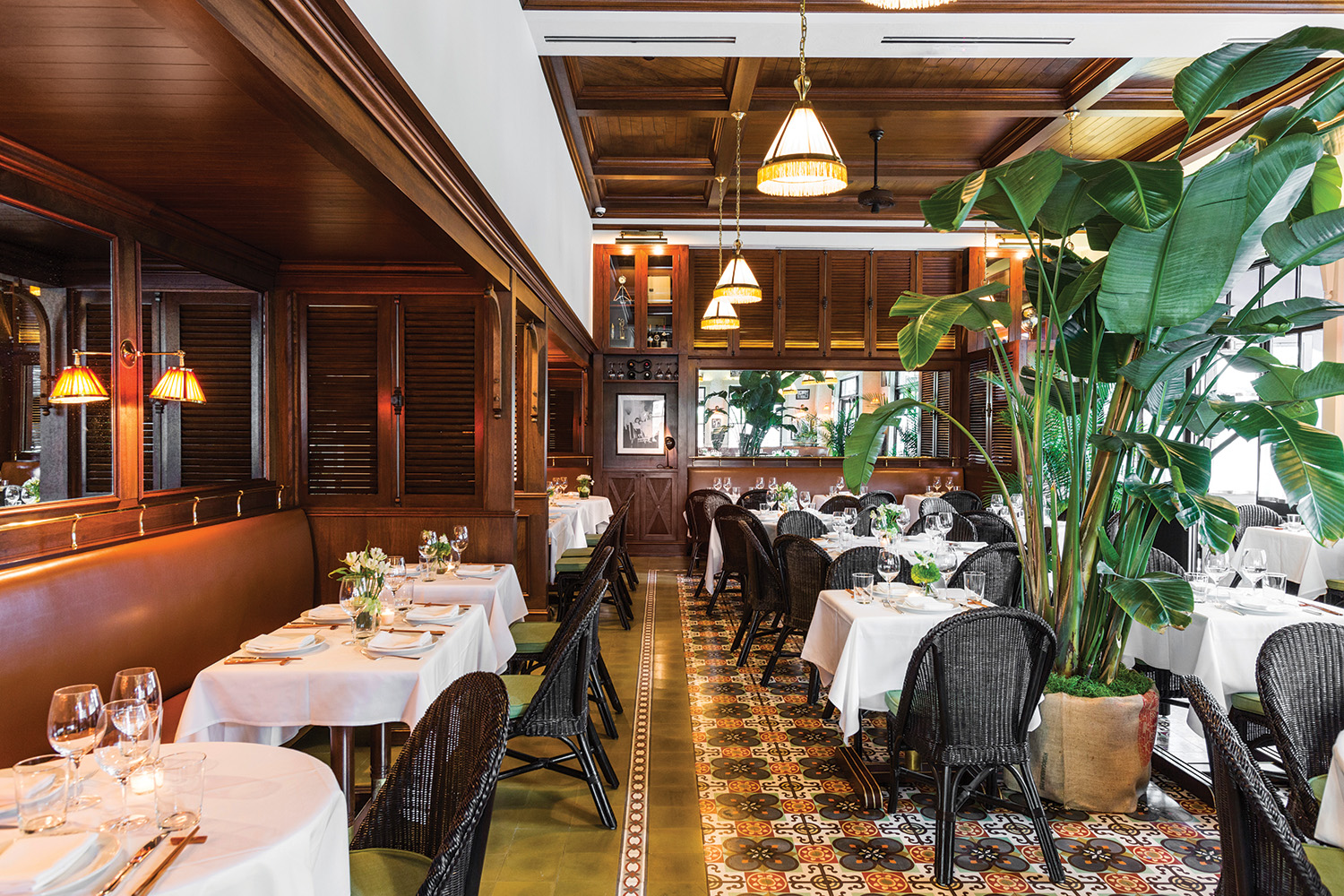
Image courtesy of Studio Communications
Do you think that for the people that are coming to the restaurant, it is also an education process for people to understand what it means to taste an authentic Vietnamese dish?
I think that here in Houston, people are very knowledgeable about Vietnamese cuisine because we have a very large Vietnamese community. We have our Chinatown, it’s huge and they have tons of great Vietnamese restaurants so people are very knowledgeable about Vietnamese food. In a way it is a challenge for us because yes we are new in town, but the food we are serving is just as authentic, and what we are trying to do is elevate it. You know people are used to those mom and pop shops where you can get a lot of food for very little money. Those Asian cuisines are so labor intensive because they are so old and you cannot change the preparation. So if anything, it should be just as expensive as any French or American eatery.
I’ve heard that you have to be in the mold to break the mold, so you really have to understand the structures of things in order to break free of them, do you feel like it is your job to teach how to improvise?
Yes, to improvise and go beyond what they know. Yes, this is my task, and it is a challenge but they are learning and it is all quite new. We have only been open for a week, and training for a month. It takes time, but that’s why I say it is so important to have Vietnamese people in the kitchen, because they understand the cooking and the food.
If your mother saw what you were doing now and how you were experimenting with the dishes now, do you think that she would be happy?
Oh yes, I think that she would be very proud. I think she was the reason I became a chef. After all of these years I still miss her, but you know what was surprising is she never wanted me to become a chef. She was against it. She knew how hard it was, she said, “I will support you to do whatever you want, but not a chef because it is not a life.”
I think anyone who tries to go into a creative field, their parents try to distract them because they want them to have a more secure, and stable career.
You know, it was hard because I tried to be obedient, but I was never happy in my other jobs. So after she passed I said, “Ok, now I am free to follow my path”, but I know she would have been very proud.
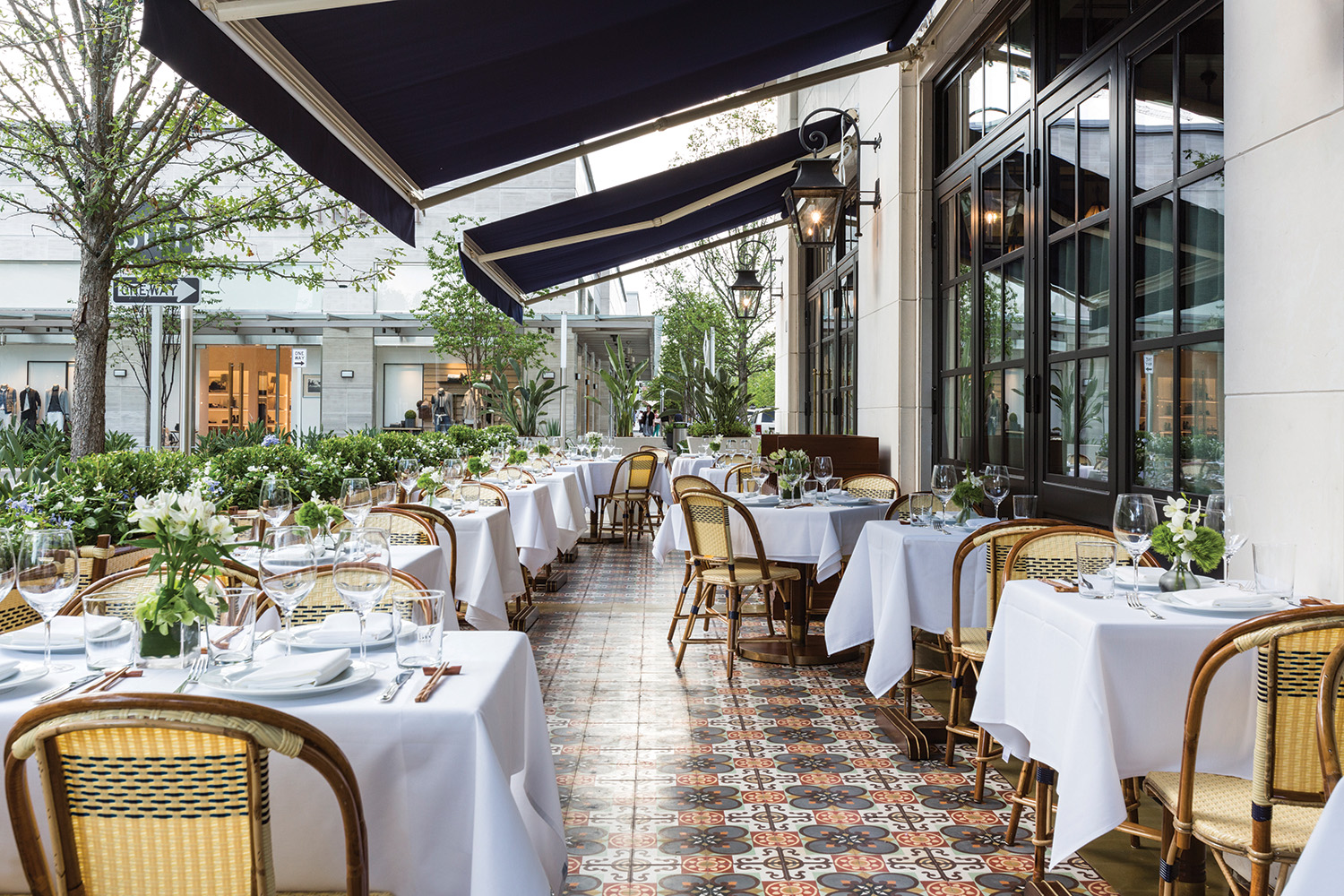
Image courtesy of Studio Communications
You can tell she really inspired you, and she is still leaving her legacy with what you are creating here at Le Colonial and the lessons you are passing down to novice chefs.
That’s true and that’s why I wrote the cookbook because I wanted to dedicate it to her. She showed me so much that I did not know. She was amazing, she had no training and was self-taught. She was so talented. She would go out, and when she tasted something she liked, she would go home and recreate it and make it even better. I think that is what I inherited.
Are there any other cuisines that you are inspired by?
Oh I love Thai, Mexican, anything that is really intensely flavored—Indian cuisine, but you know I am open and very adventurous. I will try anything and everything at least once.
Are there any places that you travel for food?
Oh yes, even during my leisure travels. When you’re a chef you never stop being a chef, and you can always find inspiration in the least likely places. For example, this February I was in Ko Samui just vacationing with my sister in Thailand, and this is a very simple island with very fancy restaurants, but the best foods are on the street. Street cars and the markets, just fabulous foods! I found so much inspiration. I am always open, I never stop learning.
What is the best advice you could give an aspiring chef?
Follow your instinct. If something inside of you tells you that this is what you love, follow that. Regardless of obstacles, the love will be so intense that you have to follow it and everything will fall into place. If you follow your passion you cannot go wrong.
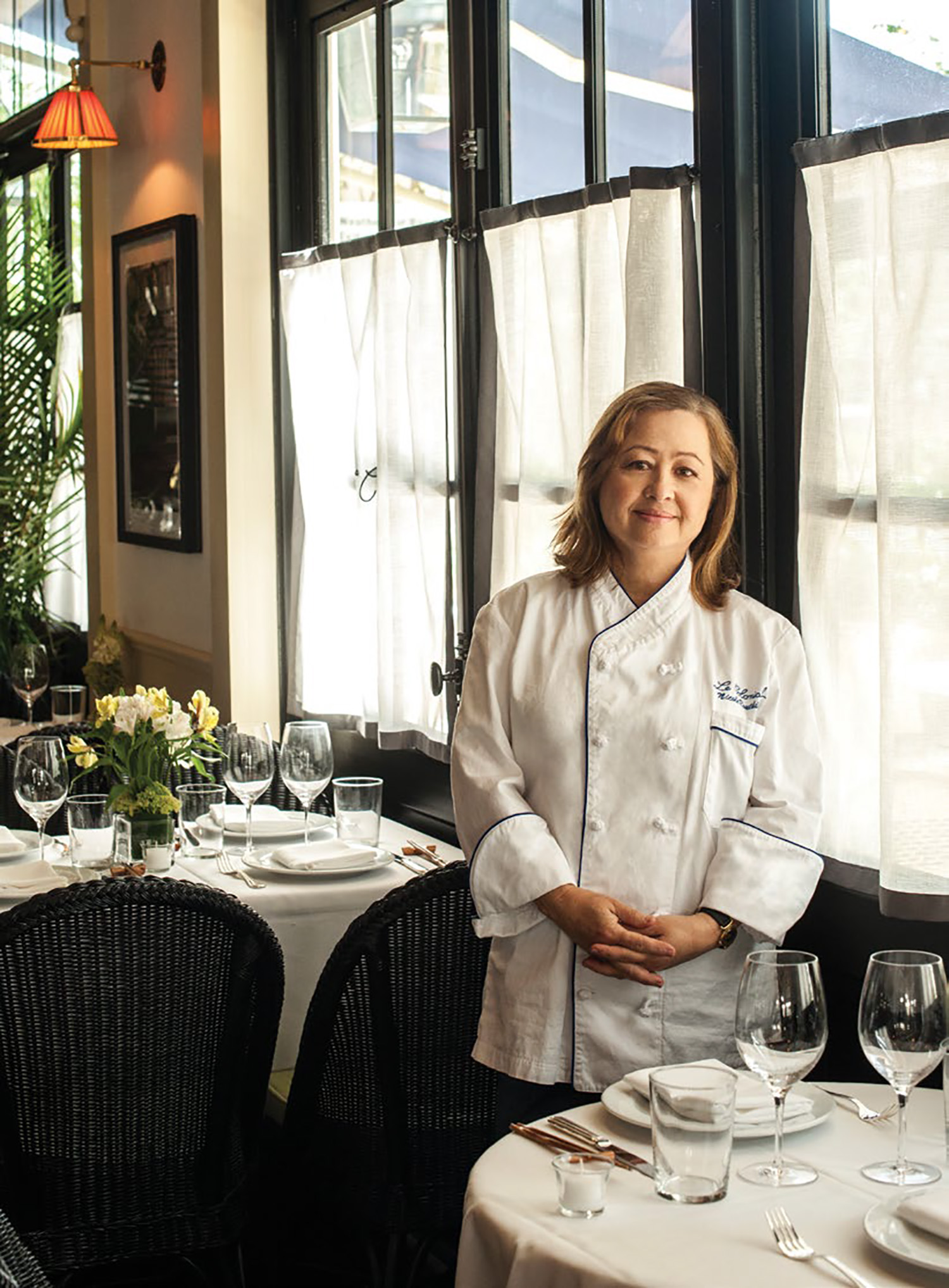
Le Colonial’s partner and culinary director Nicole Routhier.
For reservation or information about Le Colonial, call 713-629-4444 or visit lecolonialhouston.com 4444 Westheimer Rd G-140, Houston, TX 77027
Portraits by Jake Toler | Art Direction by Louis Liu Hair | Makeup and Grooming by MakeupByDiego | Interview by Marc Sifuentes

